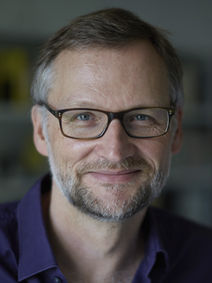
CANCELLED - Deliberate ignorance: The curious choice not to know
ENS, room Jaurès, 24 rue Lhomond, 75005 Paris
Western history of thought abounds with claims that knowledge is valued and sought. Yet people often choose not to know. We call the conscious choice not to seek or use knowledge (or information) deliberate ignorance. Using examples from a wide range of domains, we demonstrate that deliberate ignorance has important functions. We systematize types of deliberate ignorance, describe their functions, discuss their normative desirability, and consider how they can be modeled. We conclude that the desire not to know is no anomaly. It is a choice to seek rather than reduce uncertainty whose reasons require nuanced cognitive and economic theories and whose consequences—for the individual and for society—require analyses of both actor and environment.
To meet Ralph Hertwig, please contact Hugo Mercier: hugo.mercier@ens.fr.
Photo: Bernard Ludewig

